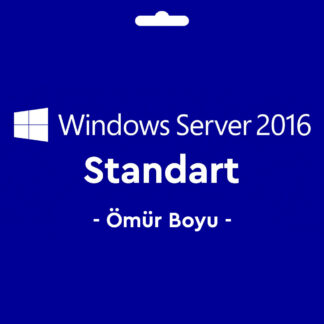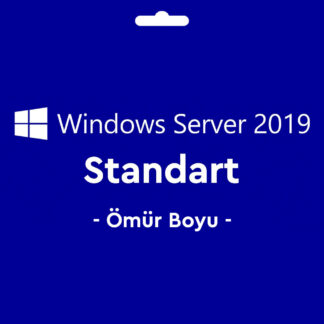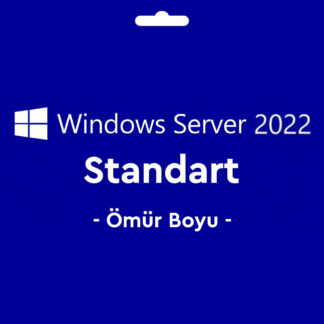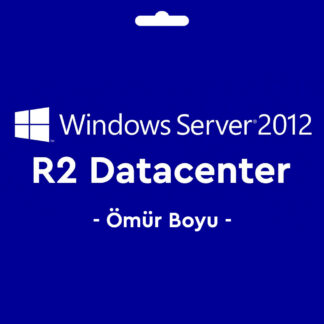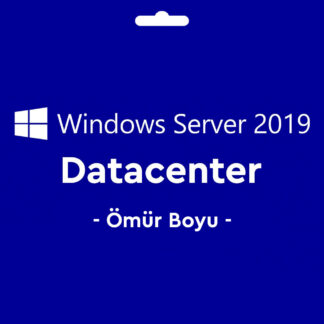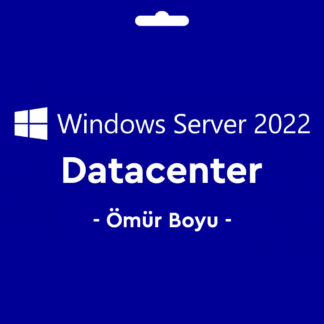Windows Server is a Microsoft product that can host many operating systems and server applications. This software is designed to provide network services that are used in enterprise environments. Windows Server’s licensing requirements are an important issue for users. This article will focus on the features of Windows Server licensing and the different licensing models.
What is a Windows Server License?
A Windows Server license is a type of permission that is required for the operating system to be used legally. Licensing is required for a business or individual to use Windows Server. Licensing must be in accordance with Microsoft’s policies and terms of use.
Windows Server has different licensing models. The most common models are:
Per Device: A separate license is required for each device to access Windows Server.
Per User: A separate license is required for each user to access Windows Server.
Core Licensing: Licensing is done depending on the processor cores. In this model, a separate license is needed for each processor core.
License Term: Windows Server licenses are usually limited to a certain period of time. Microsoft typically implements license renewal policies on an annual or periodic basis. Therefore, it is important to keep track of the duration of the license and make renewals on time.
Virtual Machines: Virtual machines can also be used under the Windows Server license. Virtual machines are virtual operating systems that run on physical servers. Licensing policies also include the number and use of virtual machines. It’s important to consider Microsoft’s licensing policies in this regard.
To learn more about Windows Server licensing and to find out the appropriate licensing options, you can visit Microsoft’s official website. You can also get help from consulting firms that specialize in licensing.
Windows Server is a widely used operating system in corporate network environments. Licensing requirements ensure that you can use Windows Server legally and appropriately. Familiarizing yourself with licensing models and policies will help you identify appropriate licensing options.
How do I get a Windows Server license?
You can purchase the Windows Server license on our website or through the Microsoft official website. There are also a number of authorized resellers or online suppliers that offer the license in different versions depending on their features.
How much does a Windows Server license cost?
The price of a Windows Server license varies depending on the edition and usage scenario you choose. Prices are usually determined by server specifications, number of users, or number of cores. You can get the most up-to-date pricing information on Microsoft’s official website or from authorized resellers.
What are the benefits that come with a Windows Server license?
A Windows Server license gives you several benefits. Some of these include: benefits such as increased processor support, virtualization features, high availability, security updates, and access to Microsoft’s support services.
How do I activate my Windows Server license?
You must use the product key provided by Microsoft to activate your Windows Server license. When receiving or after purchasing your license key, you can activate your license in the “Activation” section on your server.
How long is a Windows Server license valid?
A Windows Server license is usually sold as a perpetual license. However, Microsoft may offer innovative programs and update policies from time to time. Therefore, you can get the most up-to-date information about the validity period of your license and update options from Microsoft’s official website or authorized resellers.










